Visitors to Dundee University’s main teaching block cannot miss the portraits of all the principals who had the privilege of serving the institution established in 1967.
That is, except for the last two.
Professor Andrew Atherton was suspended from office and never returned, serving just 11 months.
He was succeeded by Professor Iain Gillespie, who stood down with immediate effect in December.
To lose one principal is unfortunate but to lose two raises serious questions.
The University of Dundee faces a major financial crisis threatening its future viability with a £30m deficit expected to lead to major job and course cuts.
Senior staff have stated the university could close within two years without savings, and have anonymously criticised the university executive group (UEG) for having “burnt the house down”.
‘Reckless decision making by weak university executive’
Universities minister Graeme Dey has stated that the government body responsible for higher education, the Scottish Funding Council, is, “all over it”.
Yet he has repeatedly refused to commit to ensure the university’s survival.
The reckless decision making of a weak and unaccountable UEG created the crisis but the Westminster and Scottish governments’ hands are certainly all over this crisis – indeed they fashioned it.
A university isn’t simply a place where teaching takes place.
It develops today’s research and the intellectual knowledge for tomorrow’s researchers.
Research is expensive and requires subsidy from academic areas that can generate surpluses.
One estimate is that the £74 million of research grants awarded to Dundee in 2023-24 cost £97m to carry out. So universities are a mechanism for transferring surpluses – mainly from teaching into research.
Delicate financial balance upset by misadventures
Dundee University maintained this balance successfully for the first 50 years of its existence but in recent years it has been upset by new financial demands pursued by managers.
The trigger for the current crisis has been a fall in recruitment of both home and international students.
Some 300 places for home students remained unfilled in September 2024, not due to lack of student interest, but rather because of the poor implementation of a new and untested IT system hampering the processing of applications.
These problems persist today.
Dundee University, like others across the UK, also banked on a never-ending supply of international students, but this bubble has burst.
Falling international student fee revenue probably accounts for £2m of the £30m expected deficit.
International student recruitment has been hit badly by the continued racist scapegoating of migrants.
Changes to immigration policy have made it more difficult for those coming to the UK.
Unsurprisingly, those willing to pay tens of thousands of pounds for their education are unwilling to come to a country convinced they are a burden.
However, while student income has fallen, there is much to criticise in the university bosses’ decisions to divert additional income from the previous growth in student numbers from that balance of research and teaching into a series of unrelated investments.
For example, in the two years leading up to 2023, spending on external contractors rose from just under £11m to over £31m.
This included a rise of over £700,000 in the budget for contractors for electrical work.
Rise in contractor costs
Still greater was the rise in general contractor costs associated with the Tay Cities Deal, which saw its annual bill rise by nearly £20m in two years.
The Tay Cities Deal is a consortium of organisations including Scottish Government which has created the major financial crisis for the university.
It is not only responsible for the rise in external contractor but also requires the university to contribute a further £10.2m this year.
In creating the deal, the government has off-loaded responsibility for regeneration projects onto Dundee University.
Other management failures include what appears to be an attempt to avoid disclosing the costs involved in other areas of activity.
For example, a subsidiary company of the institution, University of Dundee Enterprises Ltd, was permitted to establish its own wholly foreign-owned enterprise (WFOE), which operates in China.
It means activity in China is not directly reported to the governing University Court.
WFOE is not a UK-registered company. Nevertheless, its losses are attributed to the University of Dundee.
Worryingly, UoD Enterprises Ltd has failed to publish its 2024 financial accounts.
The Tay Cities Deal and the costs incurred in China are just two examples of an unaccountable management.
The crisis at Dundee University is a warning to us all as to what can happen when highly paid managers act without adequate oversight.
It is facilitated by the Scottish Government’s desire to devolve responsibility for regional regeneration onto local partners without the security of funding needed.
The Scottish Government needs to strengthen governance structures in higher education to ensure students, staff and wider stakeholders have genuine control over decision-making.
Transparency and accountability should be central to those structures.
Elections of senior managers and academic leaders, combined with pay controls, such as ensuring that university principals do not earn more than the first minister, are all part of a parcel of governance reform urgently needed in higher education.
The current fiasco at the University of Dundee demonstrates how damaging the current model is for our higher education system.
Universities play a hugely important social and economic role in our communities. They cannot be allowed to fail.
Dr Carlo Morelli is a senior lecturer in economics. He has taught at the University of Dundee since 1997 and has research expertise in devolution and economic development. He is on the national executive of the University and Colleges Union, the largest of three trade unions at the University.
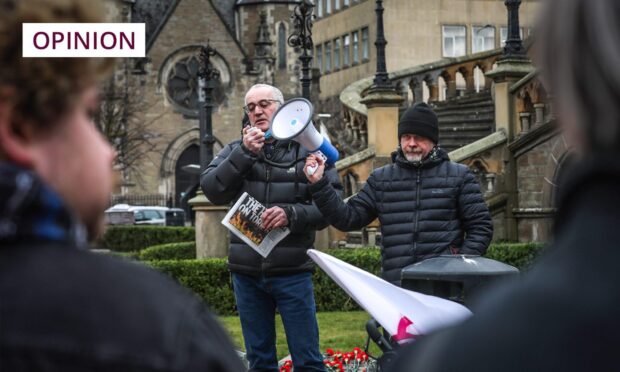

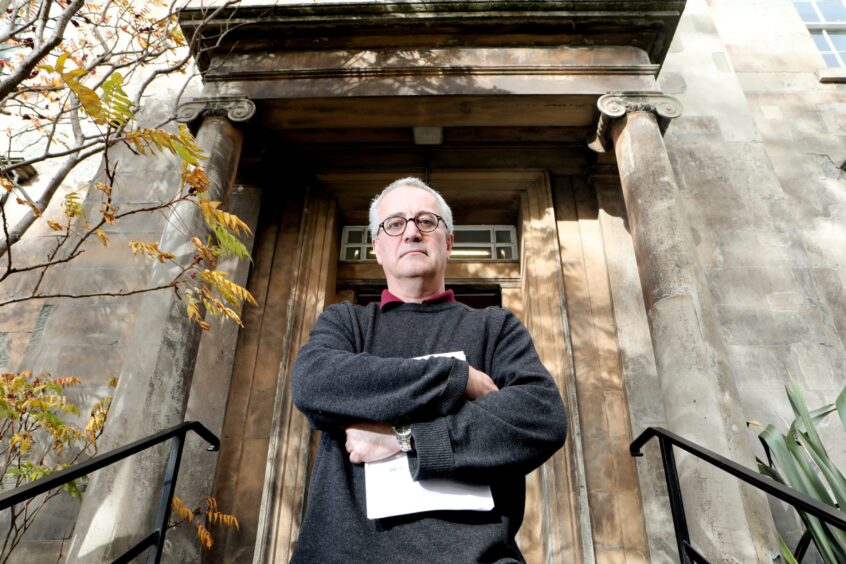
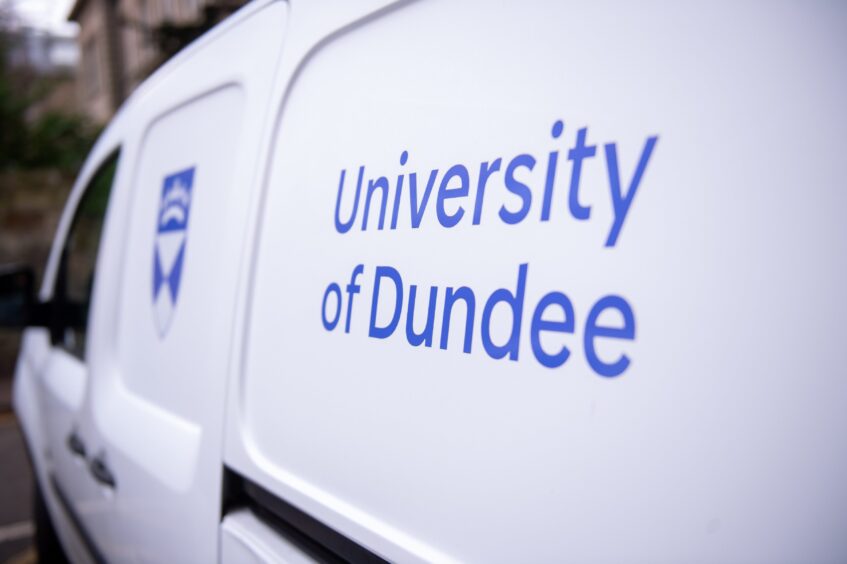

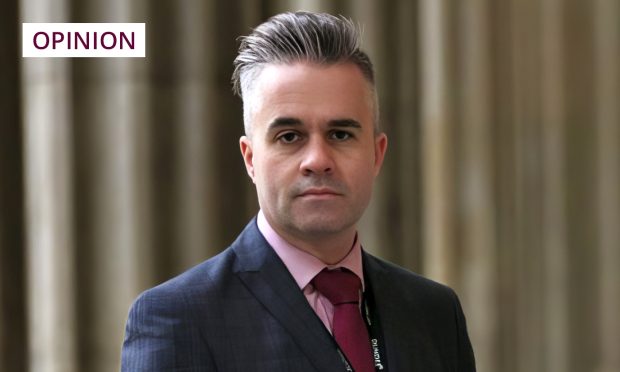
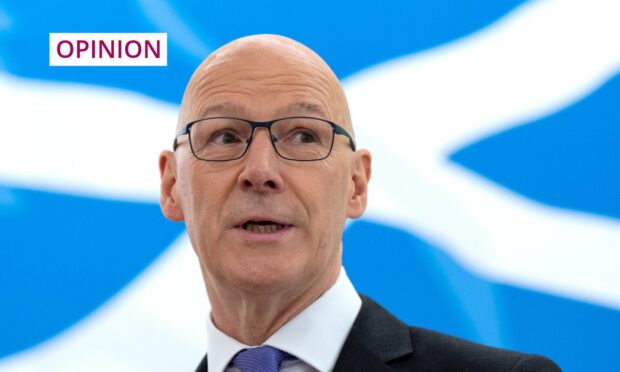
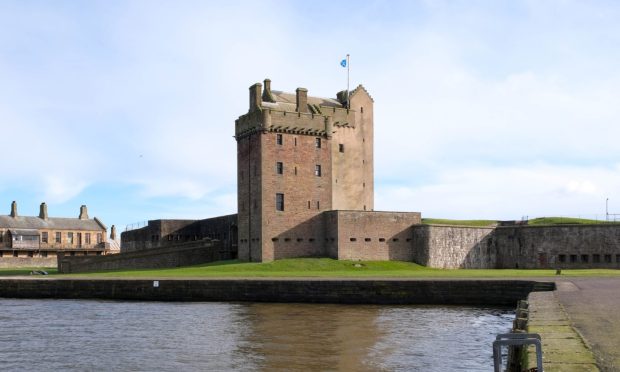
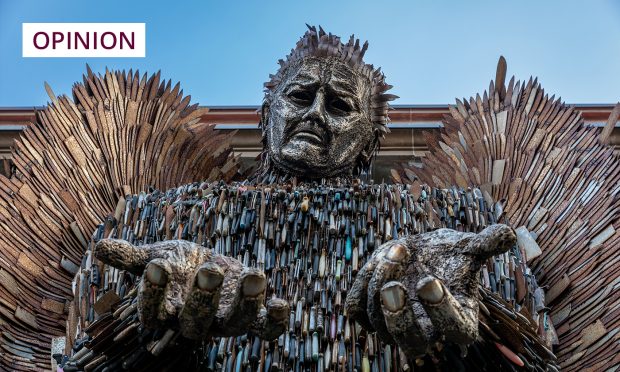
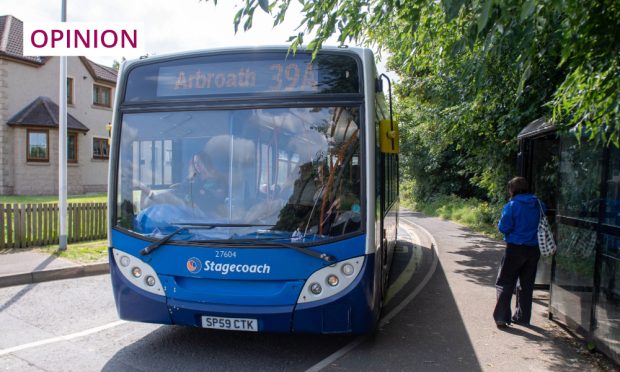


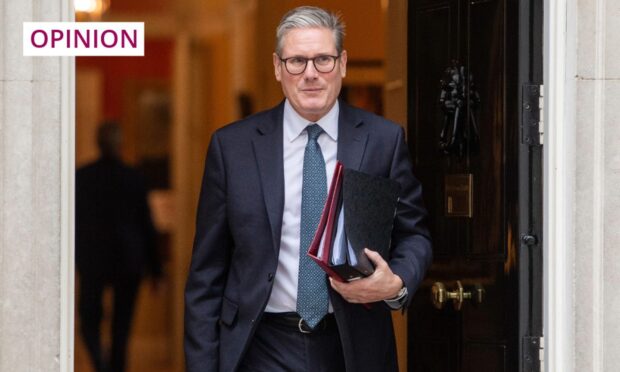

Conversation